by Brent Hearn •
There’s no such thing as drinking TOO much water!
Drink x amount of water a day or you’ll get dehydrated!
Stay away from sodas and alcohol! They’ll dehydrate you!
If your urine isn’t completely clear…dehydration city!
Be sure to stay hydrated! It’s the only way to avoid dehydration!
Only one of the above statements is completely true. If you guessed it’s the last one, congratulations! If you also noticed that it’s completely inane and spectacularly unhelpful, you get bonus points.
Everyone knows they should stay hydrated, but what exactly does that mean? Let’s sort through the noise, shall we?
Drink Enough Water
This one is a no-brainer. But what’s not is exactly what constitutes “enough.” You’re probably familiar with the eight-glasses-a-day recommendation. And it’s not wrong per se; it’s just incomplete. Any “rule” that fails to take into account differences in physiology, activity level, any medical conditions, etc. isn’t much of a rule. A mostly sedentary 115-pound person and a very active 190-pound person are going to need different amounts of water to keep their bodies hydrated.
So how do you know how much water is enough? How often should you be drinking it? A couple of things to keep in mind:
- Steady Wins the Race
Sipping water throughout the day beats pounding it between meals on an empty stomach. Sipping helps prevent your kidneys from being overloaded, which will help your body to retain more of that precious water and reduce unnecessary trips to the bathroom. Which leads us to… - Urine Color
According to the Cleveland Clinic, normal urine color can range from “pale straw color” to “dark yellow.” Clear urine can actually be a sign of overhydration. Keep in mind that urine color is only one indicator. It shouldn’t be used independently to evaluate your hydration level, as it can be affected by a number of other factors (diet, underlying health conditions, etc.)
Eat Enough Water
The water you consume from your food counts too! Fruits and vegetables (both fresh and frozen) with a high water content are a great way to stay hydrated, and their consumption comes with bonuses. They’re more filling and more nutritious than highly processed foods.
Pairing water with food can help you to hydrate even more efficiently. Drinking water before and during snacks and meals is more effective than gulping down glasses on an empty stomach.
Your “Water” Doesn’t Have to Be Water
Fruit juices, milk, and sports drinks, also count toward your water intake. In fact, those engaged in strenuous athletic training or competition can sometimes benefit more from sports drinks and other beverages containing sodium and nutrients than they can from water alone. Even sodas, alcohol, and caffeine can be hydrating, contrary to popular belief.
However, all of these alternatives to plain old H2O come with caveats. Fruit juice, sports drinks, and sodas can be high in calories. Milk can lead to gastrointestinal issues. And alcohol and caffeine in larger quantities do negatively affect hydration. In short, it’s still best to drink mostly water, but you can supplement with other beverages in moderation, depending on your personal tastes and dietary restrictions.
NOTE: Mild dehydration can usually be remedied with increased fluid intake, but if you think you may be seriously dehydrated, consult a physician immediately.
Sources:
https://time.com/5646632/how-much-water-to-drink/
https://www.healthline.com/nutrition/how-to-rehydrate#4.-Fruits-and-vegetables
https://health.clevelandclinic.org/what-the-color-of-your-urine-says-about-you-infographic/

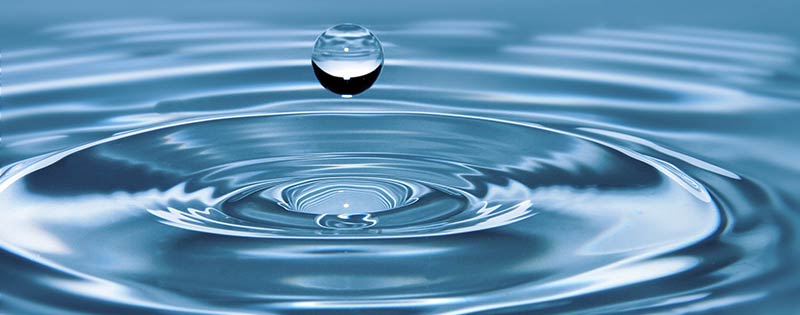

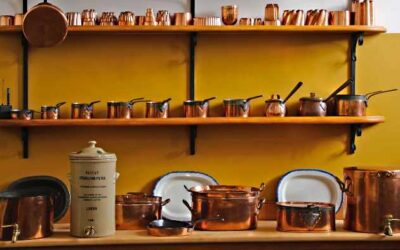
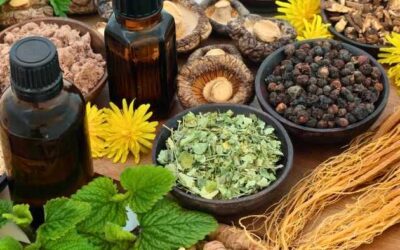
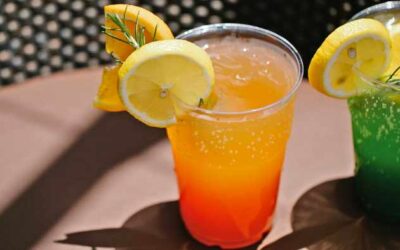
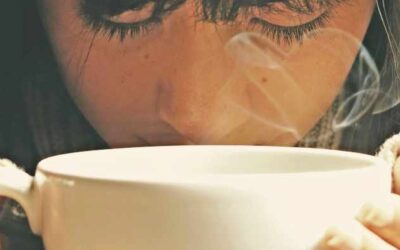

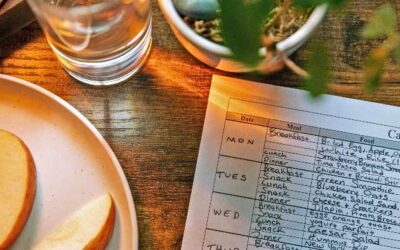
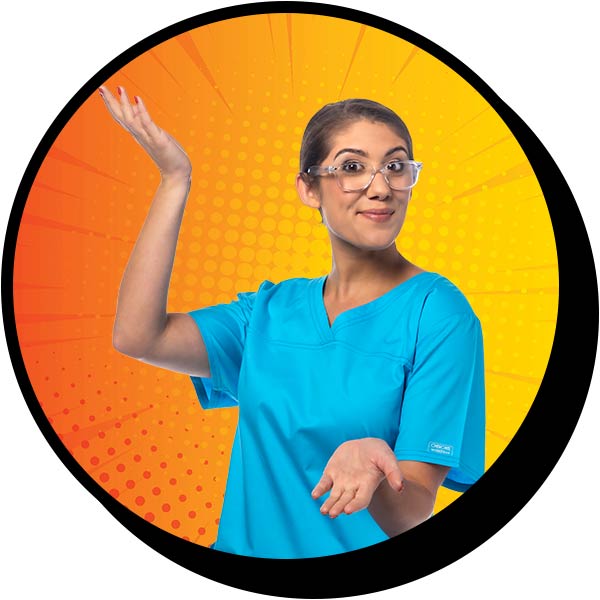 ▶︎
▶︎  Why is the Discount Challenge prize amount $15,024? Because that is the average “per-occurrence” fine for Medicare inducements. That’s not $15,024 per patient, that’s not per provider, that’s PER VISIT. Stinks, doesn’t it? To us, the prize amount is worth the investment if we can help our profession better understand proper discounting.
Why is the Discount Challenge prize amount $15,024? Because that is the average “per-occurrence” fine for Medicare inducements. That’s not $15,024 per patient, that’s not per provider, that’s PER VISIT. Stinks, doesn’t it? To us, the prize amount is worth the investment if we can help our profession better understand proper discounting.